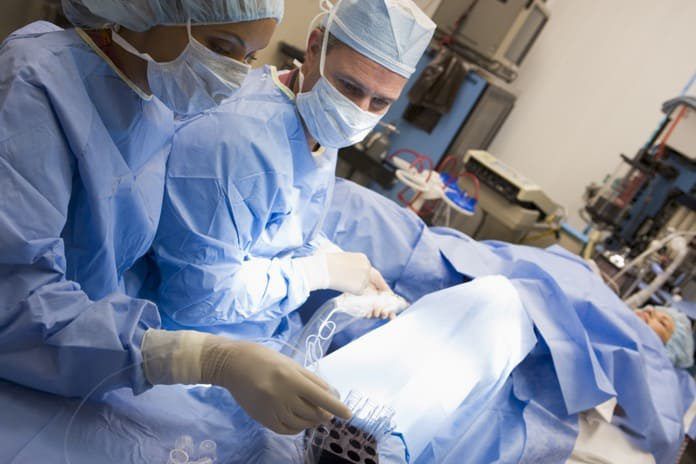Assisted reproductive technology is used worldwide and is responsible for over five million births. The association of cancer with this practice has been recently studied by researchers in Great Britain.
More than five million children have been born as a result of assisted reproduction, however, it is important to identify disease risk factor for individuals considering this option. The use of assisted reproductive technology to facilitate conception and pregnancy often includes exposure to high-level hormones such as estradiol and gonadotropins, which are potentially carcinogenic substances.
However, most studies that have investigated the use of assisted reproductive technology and its association with breast and uterine cancers have been inconsistent and have not found a significant relationship. These previous studies have often included a small study size and little information on possible confounders.
Recently, a study published in The BMJ investigated assisted reproductive technology and how it impacts a woman’s chances of developing ovarian, breast, and uterine cancer. In a large cohort study, Williams and colleagues retrieved data collected from the Human Fertilisation and Embryology Authority (HFEA) that reported undergoing assisted reproductive technology in England, Wales and Scotland between 1991 to 2010. Information from 255,786 women contributed to the results.
The researchers defined assisted reproduction as “treatments or procedures that include in vitro handling of both human oocytes and sperm embryos, for the purpose of reproduction.” On average, the women were followed for nine years with 41% followed for 10 years.
The researchers reported that there was no increased risk of uterine and overall breast cancer found in women who used assisted reproductive technology. There was an increased risk of ovarian cancer and breast cancer in situ in these women, and women with coinciding endometriosis had an increased risk of ovarian tumours. The risk of developing ovarian cancer was increased with lower age at the first cycle of assisted reproductive technology, and particularly highest in women with endometriosis.
The study is limited because the results may not be generalizable to women in the general population who were not treated with assisted reproductive technology, however, the large study size allowed the researchers to account for potential confounding confounders.
In conclusion, assisted reproductive technology is not associated with increased risk of uterine cancer and overall breast cancer. With increased treatment cycles, however, there is an associated increased risk of in situ breast cancer. Assisted reproductive technology is also associated with an increased risk of ovarian cancer. The researchers suggest that ovarian tumours are likely caused by individual patient characteristics and not the use of assisted reproductive technology. Further studies in this patient population are required.
Written by Kimberly Spencer, B.Sc. (Hons)
References: Williams, C., Jones, M., Swerdlow, A., Botting, B., Davies, M., & Jacobs, I. et al. (2018). Risks of ovarian, breast, and corpus uteri cancer in women treated with assisted reproductive technology in Great Britain, 1991-2010: data linkage study including 2.2 million person years of observation. BMJ, k2644. doi: 10.1136/bmj.k2644



